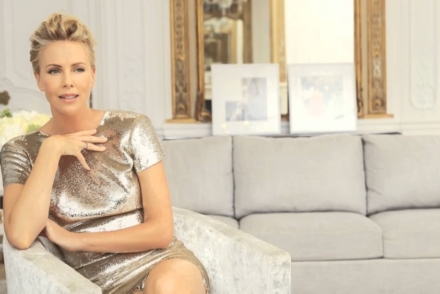Gentleman and savoir-vivre
Once upon a time one could only be a gentleman by birth, but over the years the right manners, the right conduct, have come to make the gentleman. For the gentleman, manners and savoir-vivre are not only a way of doing, they are a way of being. His actions come from within, they are never forced or expected. His manners reflect his character.
“Manners maketh man.” William Horman
The gentleman has seen kingdoms come and go; yet he still exists today, advocating values such as respect, loyalty, honor and courage. As a boy, somewhere in his child heart, the desire grew to embark on a great adventure, fight a dragon and rescue a princess… As a grown man, his aspiration is to become a better version of himself. Being human, he may not always succeed and live up to his heartfelt values, but he will try and act in a refined, thoughtful and distinguished manner in all circumstances.
The gentleman treats people around him with equal respect, no matter where they stand on the social ladder. The gentleman is cultured enough to appreciate and accept all walks of life. Should someone show him a lack of respect, the gentleman will endeavour to be the better man and not lower himself to their level.
“It takes a man to suffer ignorance and smile, be yourself no matter what they say.
Confront your enemies, avoid them when you can. A gentleman will walk but never run.”
Gordon Sumner (aka Sting), Englishman in New York
Gentleman and chivalry
The gentleman cannot but be chivalrous.
The French origin of the term chivalry dates back to the Middle Ages and its noble knights in shining armors who, at war, at court and at church, were expected to uphold honor, respect, bravery and loyalty. The etymology of the word, however, fails to reflect the grandeur of what chivalry has become to represent with the influence of literary and poetic ideals. Chivalry is a code of conduct that continues to influence our world. Far from being limited to treating women with respect, it also means acting with dignity and honor, defending the weak and being a proponent of justice and charity.
Chivalry is about a man whose values and manners dictate his behaviour towards another person, whether that person is a woman or a man, a love interest or a stranger.
When the gentleman acts in a chivalrous manner towards a woman, this is a mark of respect and attention, a desire to elevate oneself and to make the moment more special. Chivalry is not benevolent sexism; chivalry is not a dark and sinister reminder that men believe they are the stronger sex. Chivalry is not chauvinism. Chivalry and feminism are not mutually exclusive: believing in the social, economic and political equality of the sexes is not at odds with chivalry, with thoughtfulness, with respect. Political correctness cannot deny the differences in genders, and those differences make life rich and exciting. She-colibri
⇒ RELATED ARTICLE : A few rules of savoir-vivre and gallant etiquette by He-colibri.













No Comments